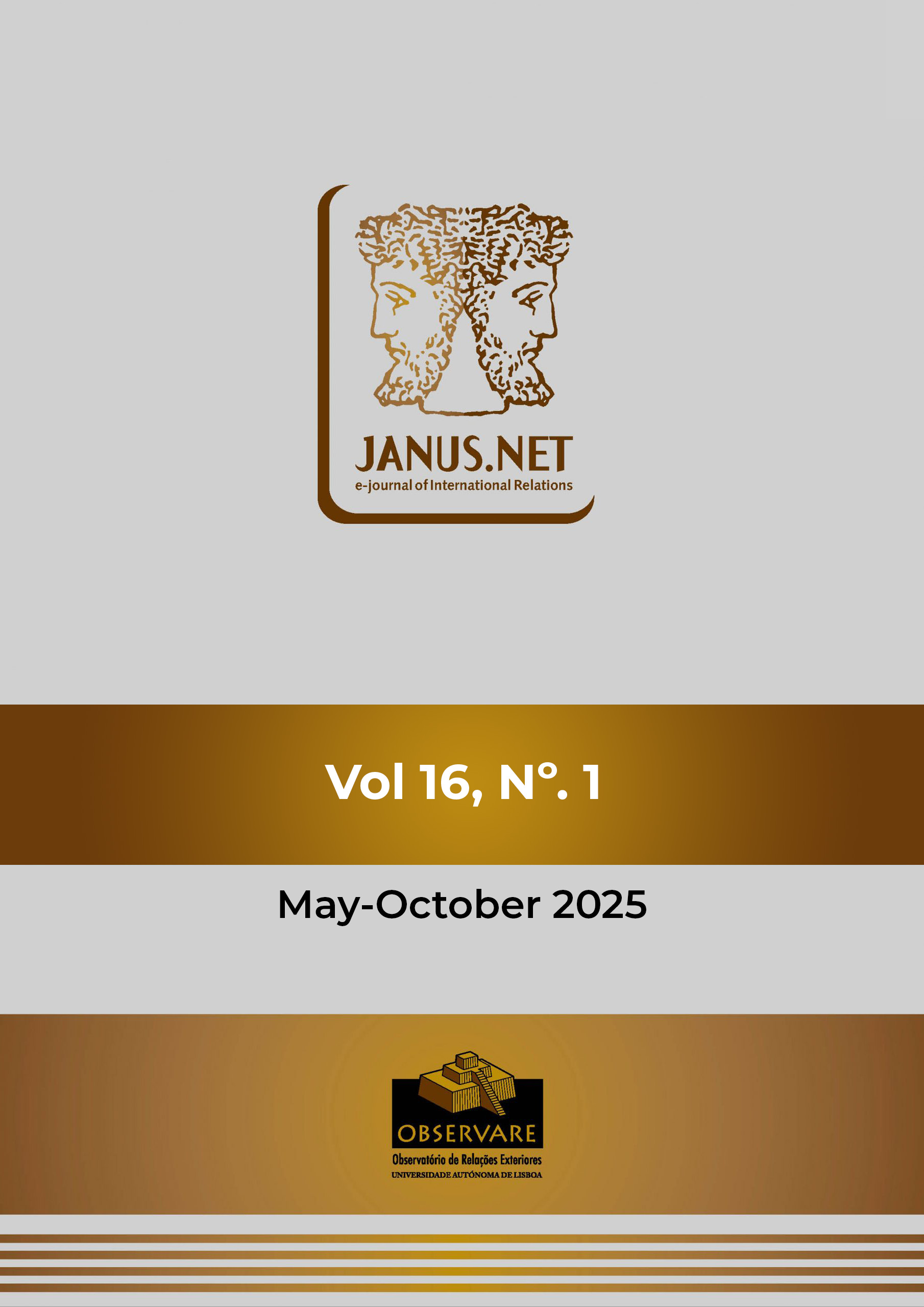Since the start of the full-scale invasion, Ukraine has been actively transforming its social system, renewing its political leadership in various areas, and improving its legislation to reflect the current situation. However, due to active mobilisation processes carried out by the authorities and the internal convictions of many persons liable for military service, the problem of avoiding military service arises. This includes crossing the state border both legally and illegally. Additionally, it is important to analyse how these changes are reflected in the international arena, including the migration of conscripts and their attempts to evade service abroad, as well as the reaction of EU countries. Given these aspects, it is crucial to assess how changes in Ukrainian legislation and mobilisation practices affect global security challenges, including the allocation of military resources, defence strategies, and international defence cooperation. The study employs systematic analysis and synthesis, formal legal and dialectical methods, and legal document analysis as scientific knowledge tools. Furthermore, this research explores Ukraine’s approach to mobilization within the framework of international human rights standards, particularly the European Convention on Human Rights (ECHR), international extradition treaties, and relevant case law from the European Court of Human Rights (ECtHR).
ANALYSIS OF NEW APPROACHES TO CRIMINAL LIABILITY FOR EVADING MILITARY CONSCRIPTION IN UKRAINE IN THE CONTEXT OF GLOBAL SECURITY CHALLENGES
https://doi.org/10.26619/1647-7251.16.1.9
RUSLAN S. ORLOVSKYI, VASYL M. KOZAK
Abstract
Keywords
Military conscription, mobilization, criminal liability, electronic summonses, evasion of military conscription
Artigo publicado em 2025-05-20

